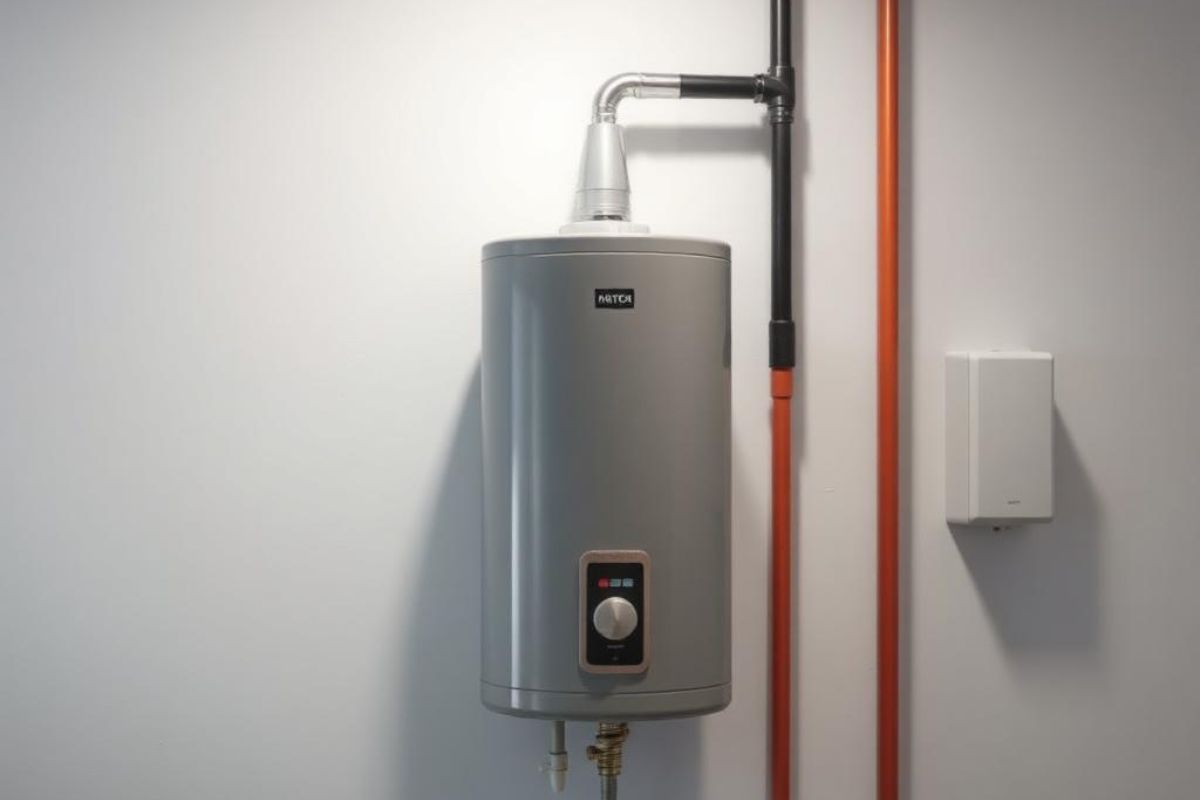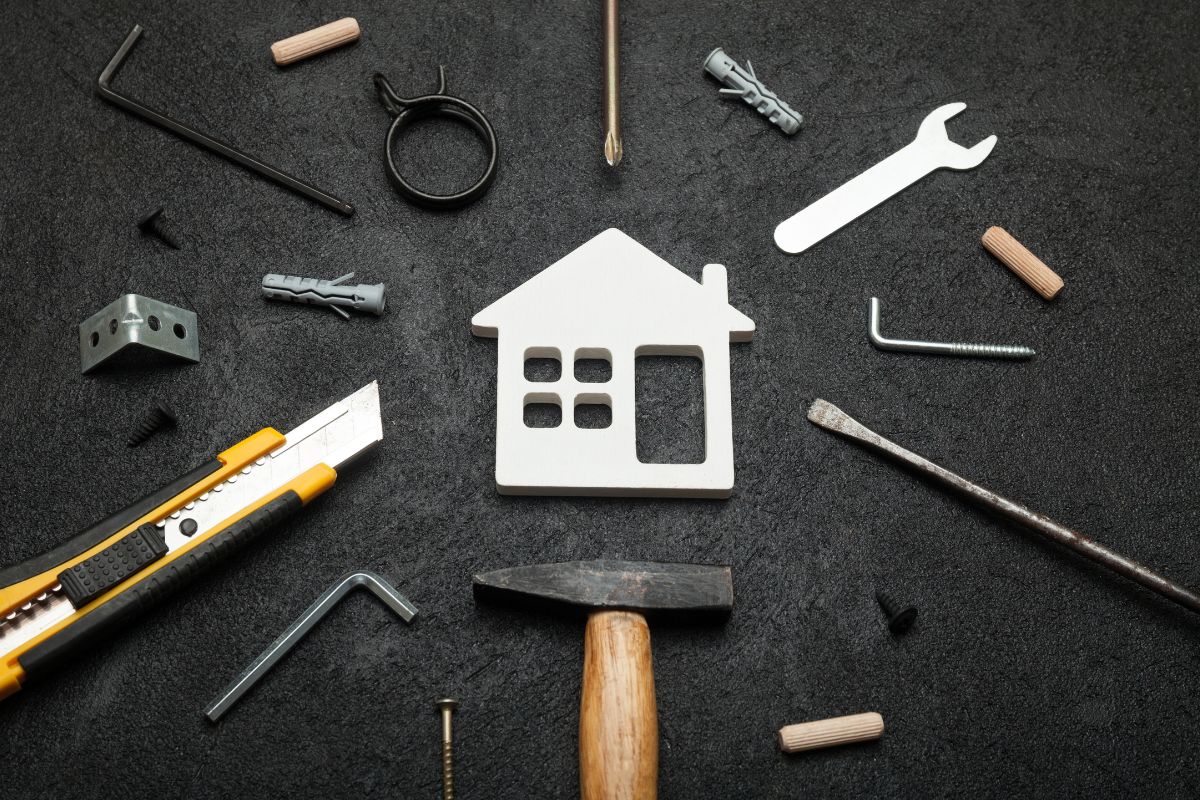Water heaters are often the unsung heroes of a comfortable home. Tucked away in basements, closets, or garages, they quietly do their job—until they don’t. For many homeowners, it's easy to ignore this vital system until the signs of wear become impossible to overlook. But knowing when to act can prevent costly damage and ensure your household runs smoothly.
If you’ve been wondering whether it’s time to repair or replace, understanding the warning signs is key. While minor issues can often be fixed, there’s a point when replacing an electric water heater is a job best left to professionals – Ben’s Plumbing offers reliable help if you’re in that stage. The trick is catching the tipping point before you’re left without hot water or dealing with water damage.
Even though water heaters may not demand daily attention, they quietly influence everything from your morning shower to running the dishwasher and laundry. That’s why understanding their life cycle and how they operate is crucial for any homeowner. A water heater that is well-maintained can serve you longer, while neglect may shorten its lifespan significantly.
How Long Do Water Heaters Typically Last?
The average water heater lifespan ranges from 8 to 12 years for standard tank models. Tankless units may last up to 20 years with proper maintenance. However, usage habits, water quality, and installation conditions all impact how long a unit stays reliable.
A heater nearing the 10-year mark may still be working—but could already be running inefficiently or hiding issues that lead to failure. Age alone isn’t always a reason to replace, but it should raise a flag if paired with other warning signs.
Routine maintenance like flushing the tank once a year, checking the pressure relief valve, and inspecting the anode rod can extend the life of the system. These small preventive steps are easy to overlook but can save hundreds of dollars over time.

Signs That Your Water Heater Is Wearing Out
Even if your water heater seems functional, subtle clues might be hinting that it’s time for an upgrade. Ignoring these signs can lead to more severe issues like leaks or even flooding.
Watch for the following:
-
Inconsistent water temperature: Fluctuating between hot and cold may signal a failing heating element.
-
Strange noises: Popping or rumbling sounds can indicate sediment buildup at the bottom of the tank.
-
Discolored or rusty water: This may point to internal corrosion or issues with the anode rod.
-
Leaks around the base: Even minor dripping can escalate to major water damage.
-
Higher energy bills: Aging systems often work harder, wasting energy and increasing costs.
-
Visible rust or corrosion on the tank: These are clear signs the unit is deteriorating from the inside out.
Another red flag is low water pressure when using hot water. Sediment buildup inside the tank or in pipes leading from the water heater can constrict flow, leading to frustration during showers or cleaning. If this issue is coupled with an aging unit, it may be time for a replacement.

When Does Repair Make Sense?
Small problems don’t always require a full replacement. In some cases, a skilled plumber can resolve the issue quickly and affordably. Here’s when a repair might be the better choice:
-
The unit is under 8 years old.
-
The problem is isolated—like a faulty thermostat or pressure valve.
-
There's no sign of tank corrosion or leakage.
-
Water temperature issues are recent and not recurring.
However, if your heater needs frequent attention or the same issue keeps coming back, those repair bills may start to stack up. In the long run, replacement can be more cost-effective and energy-efficient.
It’s also worth checking your warranty. Many manufacturers offer a 6 to 10-year limited warranty, and if your unit is still within that window, you could save significantly on parts or replacement costs. Just make sure to keep documentation and schedule regular maintenance to avoid voiding the warranty.
Why Timing Matters
Putting off replacement can seem like a money-saver—until a worn-out tank leaks and damages floors, drywall, or belongings. Emergency replacements are not only stressful but also often more expensive due to urgency and limited options.
Proactively planning for a new unit ensures you can choose the right type, size, and model for your home without rushing the decision. It also gives you time to consult professionals, get quotes, and schedule the job when it works best for your routine.
Plus, older water heaters may not meet current safety or energy standards. Upgrading ensures your home complies with regulations, which could be particularly important if you’re planning to refinance or sell your property.
Choosing the Right Time to Replace
If you’re planning a home renovation, upgrading your plumbing, or simply noticing signs of age, those are all smart moments to address your water heater. Replacing during a remodel often simplifies installation and improves access—plus, it ensures your updated space is backed by modern, efficient systems.
Some additional reasons to consider replacing now include:
-
Increasing hot water demand from a growing household.
-
Desire for energy savings with a newer, high-efficiency model.
-
Frequent disruptions in hot water availability.
-
Planning to sell your home and wanting to increase appeal to buyers.
It’s also a good time to think about whether a tankless water heater might be right for you. These models take up less space, provide endless hot water, and often have longer lifespans. Although the upfront cost is higher, the long-term savings and convenience can make them a smart investment—especially for large families or homes with multiple bathrooms.
Before you choose a new system, consult with a licensed plumber about your home’s needs. Factors like household size, number of bathrooms, and usage patterns all influence what type of water heater is best. A professional can help you determine the correct size (measured in gallons for tank models or flow rate for tankless units) and suggest energy-efficient models that meet your budget.

Call in the Experts
If you’re not sure what your water heater’s trying to tell you, don’t guess—reach out to a trusted expert in your area who can provide a thorough inspection and honest recommendations. It’s a small step that can spare you from much larger problems later.
Your water heater doesn’t need to fail completely before you give it attention. Understanding its lifespan, watching for signs of trouble, and knowing when to take action helps maintain your home's comfort, safety, and efficiency. With the right timing and expert help, you can replace your old system before it turns into a costly emergency—and enjoy peace of mind along the way.
In the end, your water heater is more than just a utility—it’s a central part of daily life. Making proactive decisions about repair or replacement not only helps avoid disruption but also contributes to your home’s long-term value and energy efficiency. Don’t wait for cold water or a puddle in your garage—listen to what your system is telling you and act early.






Share: